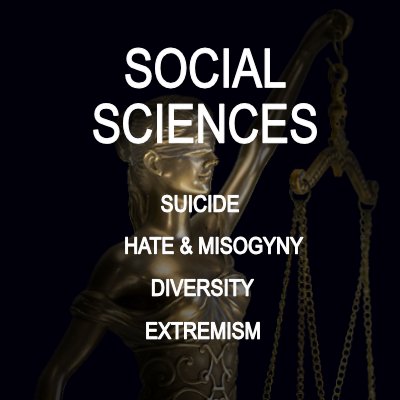Biden, Joseph R., Jr.
From the document: "Hate and the violence it fuels are on the rise in America. Hate crimes, targeted violence, and acts of harassment--including online abuse--have increased in recent years, eroding our democracy, decreasing public trust, and putting so many American communities at risk. We have seen this unfold from bomb threats at Historically Black Colleges and Universities, to rising hate crimes against Asian Americans, Native Hawaiians, and Pacific Islanders (AANHPIs) fueled by the COVID-19 pandemic, to escalating threats against women and LGBTQI+ [lesbian, gay, bisexual, transgender, queer/questioning, intersex and other] Americans, to persistent bias and violence against Muslim, Sikh, and South Asian communities, to harassment of Jews and attacks on Jewish communities. Antisemitism is often called 'the oldest hatred,' yet it remains all too present today--including in America. [...] While antisemitism most directly and intensely affects the American Jewish community, antisemitism also threatens the democracy, values, safety, and rights of all Americans. [...] This strategy represents the most comprehensive and ambitious U.S. government effort to counter antisemitism in American history. To implement this strategy, executive agencies will take a broad array of actions to address antisemitism. But the federal government cannot address antisemitism alone. This strategy also calls on Congress to act and play its part in countering antisemitism. It urges action from all of society--state and local authorities, civil society, community and faith leaders, the private sector, individual citizens."
United States. White House Office. 2023. 60p.





















